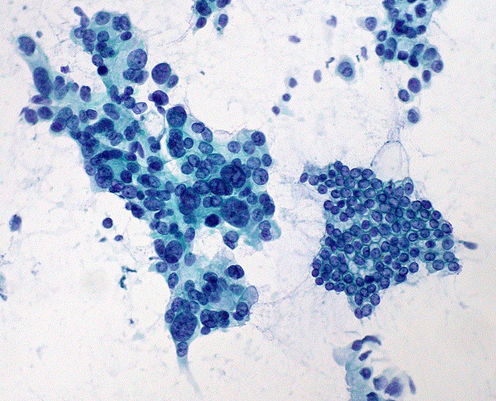
A landmark seven year study has identified that pancreatic cancer is not one, but four types of cancer.
The research findings, published today in the peer reviewed journal Nature, is the most detailed pancreatic cancer study to date. It opens the door to new treatments for one of the most devastating and difficult to treat cancers.
A new playbook on pancreatic cancer
Pancreatic cancer, the disease that felled Apple founder Steve Jobs, is among the most aggressive cancers. Less than 5% of diagnosed patients survive for five years and just 1% of those with the disease survive for 10 years after diagnosis.
It is the ninth most common cancer in men and tenth most common cancer in women in Australia, according to the Cancer Council Australia.
Sean Grimmond, director of research for the Centre for Cancer Research at the University of Melbourne and one of the lead architects of the study, said that the results may open new avenues for clinical trials and drug designs to better combat the disease.
“Until now we’ve had a very poor understanding of what drives pancreatic cancer. For the first time, we’ve determined the root causes behind that accumulation of genetic damage in pancreatic cancer and also the major processes that promote cancer growth and progression,” he told The Conversation.
For seven years the research team painstakingly decoded the entire genetic blueprints of a patient’s tumour and then discerned the key events that regulated the disease. The researchers did this for 456 patients with pancreatic cancer, one patient at a time.
The researchers identified four pancreatic cancers with different molecular drivers that set each sub-type apart.
Sub-types differed by genes and proteins as well as the cell types. The researchers identified the causes and the mutations that promote highly aggressive behaviour in some pancreatic cancers.
“This gives us a near complete playbook on how pancreatic cancer starts; what drives the cancer’s development,” said Grimmond, adding the finding could allow personalised therapy customised for each individual case.
Cancer cloaking
Among the subtypes the researchers identified was the immunogenic sub-type, which has a “cancer cloaking” ability, a molecular hallmark shared by colon cancer and melanoma.
The cancer is able to evade the body’s natural immune system, which would otherwise clear potential tumours away.
Detecting this ability may allow doctors to prescribe treatment aimed at inhibiting the cancer cloaking trait.
Much more research was needed, said Grimmond.
“At a molecular level, pancreatic cancer is a complicated disease. The onus is on us to harness these findings and know-how and create the means to apply similar studies to large numbers of patients, in real time, in a clinical setting,” he said. “Then we can develop the strategies to test these potential lead.”
A quantum leap
Rik Thompson, a professor of breast cancer research at the Queensland University of Technology said that results represented “a terrific advance”.
“By knowing the four different sub-type and their different ‘molecular drivers’, the findings provide a molecular explanation as to why some patients have a very good response to therapy whilst most do not,” said Thompson, who was not involved in the study.
“Early detection will help limit the spread of pancreatic cancer to other organs, which is the major cause of pancreatic cancer mortality.”
Knowing the major pathways that sets each pancreatic cancer type apart provides targets that can be used for new therapies and immediate potential benefits for those already suffering the disease, he said.
The new research is part of a suite of studies by the International Cancer Genome Consortium.
“This study is a quantum leap in the level of understanding of pancreatic cancers and a testament to the vision and success of the International Cancer Genome Consortium. It should have far-reaching influences on our ability to manage pancreatic cancer,” Thompson said.
